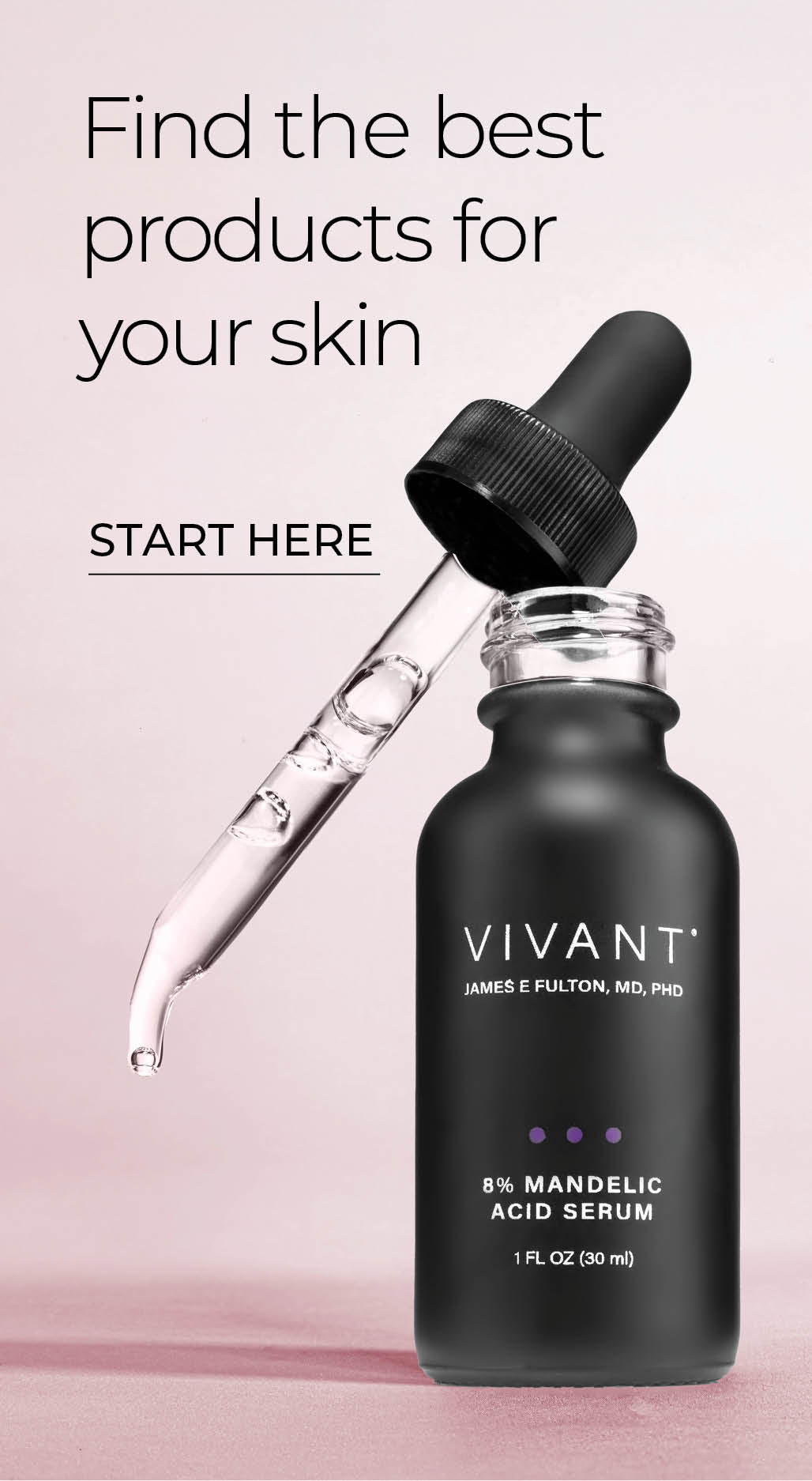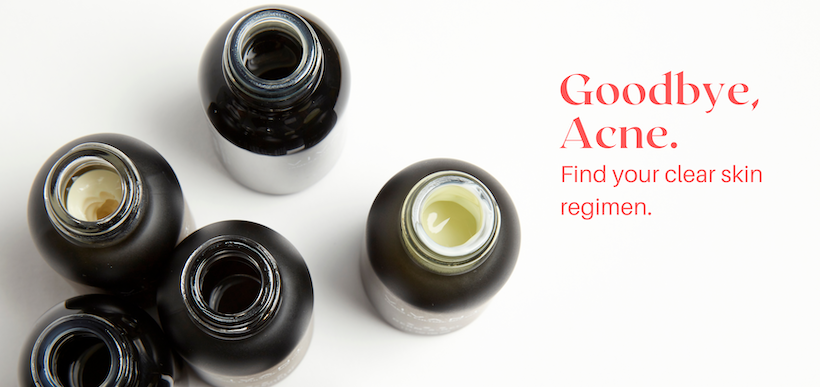The Trick to Treating Hyperpigmentation in Skin of Color

The first thing to know is that hyperpigmentation and acne are often intertwined. Inflammation exacerbates acne and acne creates more inflammation in a circle of causation and reaction that creates the perfect conditions for hyperpigmentation.
Because of its greater melanin content, Black skin is more prone to post-inflammatory hyperpigmentation. So to treat hyperpigmentation successfully, you have to stop the acne/inflammation cycle. Put simply, to treat hyperpigmentation, treat acne first.
We spoke to dermatologist Tanasha Simela a few months back, and she had this to say about the topic:
“The trick in dealing with skin of color, or ‘skin of culture’ as I like to call it, is to know what really works and what does not. Most of my patients are concerned about their dark marks, or post-inflammatory hyperpigmentation, but it is imperative to treat both the acne and the dark spots simultaneously. When we eliminate the acne, we eliminate what is causing the post-inflammatory hyperpigmentation.”
Dr. Simela also points out the importance of using the right products for Black skin and avoiding those that can cause irritation and trigger hyperpigmentation. “It’s important to use gentle skin care. Most people tend to use harsh cleansers, which can worsen acne.”
For a lot of people, gentle and non-triggering equates to natural and organic. But these products don’t always provide the desired results in treating acne and hyperpigmentation. Some even make the problem worse.
Let’s talk about black soap for a minute. The formulations of this storied product vary, but most begin with palm oil, coconut oil, and palm kernel oil—all comedogenic, pore-clogging ingredients. That “time-honored beauty secret” may be natural and organic, but it’s secretly undermining your clear skin goals.
Additionally, beneficial elements in plant oils, extracts, and minerals often occur at too small an amount to have a real impact. When used straight from nature, ingredients are harder to preserve against microbial contamination. They can have impurities, and growing or environmental conditions can create inconsistencies. Some natural substances can also be irritating or cause allergic reactions.
What’s the alternative?
Gentle ingredients, like Mandelic Acid, that come from nature, but are improved through synthesis in the lab and provide optimum strength and sensitivity to achieve desired results.
Vivant Skin Care formulator and company co-founder, James Fulton, MD, Ph.D., pioneered the use of Mandelic Acid in treating skin of color while treating his patients in thirteen acne clinics over thirty years.
In discussing skin issues with his patients, Dr. Fulton discovered a common theme: many of the acne products they relied on to clear their skin triggered hyperpigmentation. Many turned to organic products as an alternative and found neither their hyperpigmentation nor their acne improved. Dr. Fulton found a solution in Mandelic Acid and developed the only clinically tested skin care line that addresses the needs of Black skin.
Shop Vivant’s Mandelic Acid line of products.


Comments
Since reading the article from Dr Simela. I have been using the products I could see a different..
Thanks to Dr Simela!!!
Best blogs ever by Vivant skin care!! The only skin care blog I read!